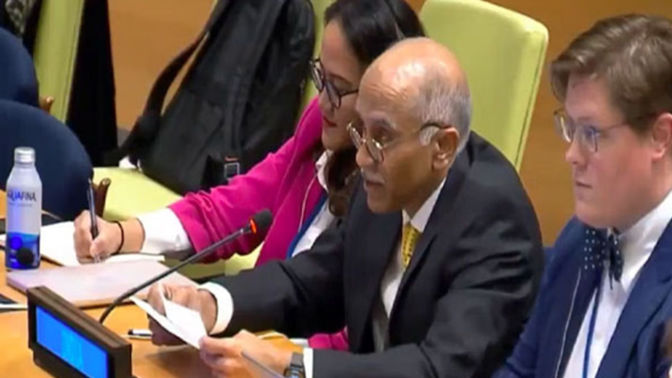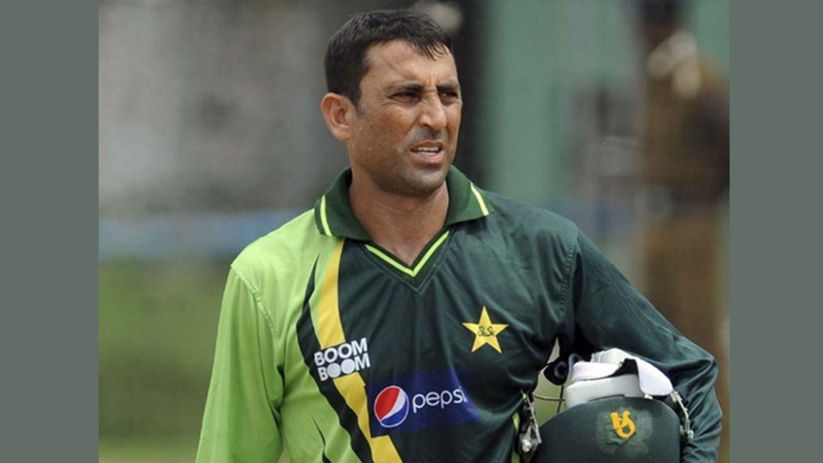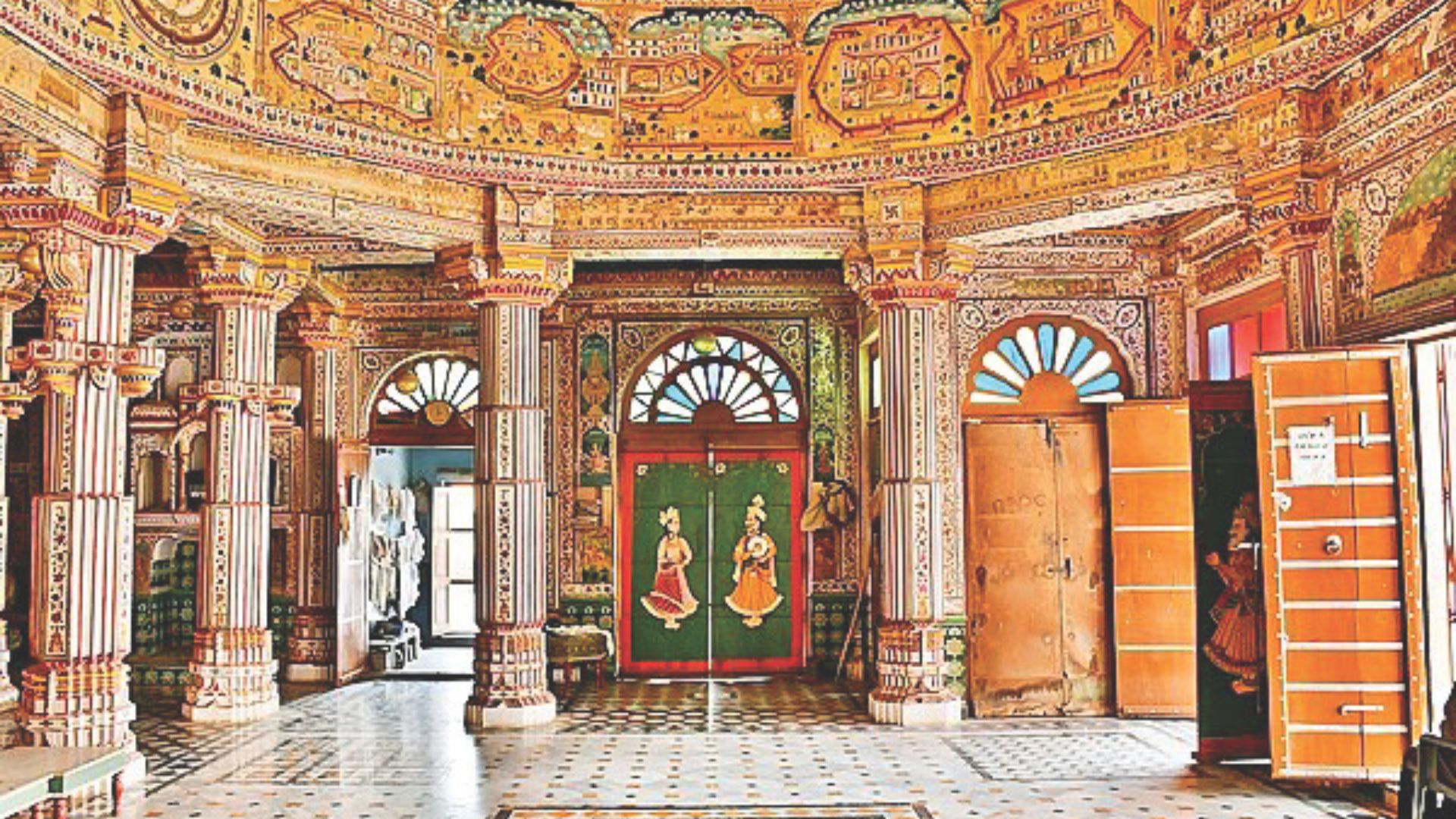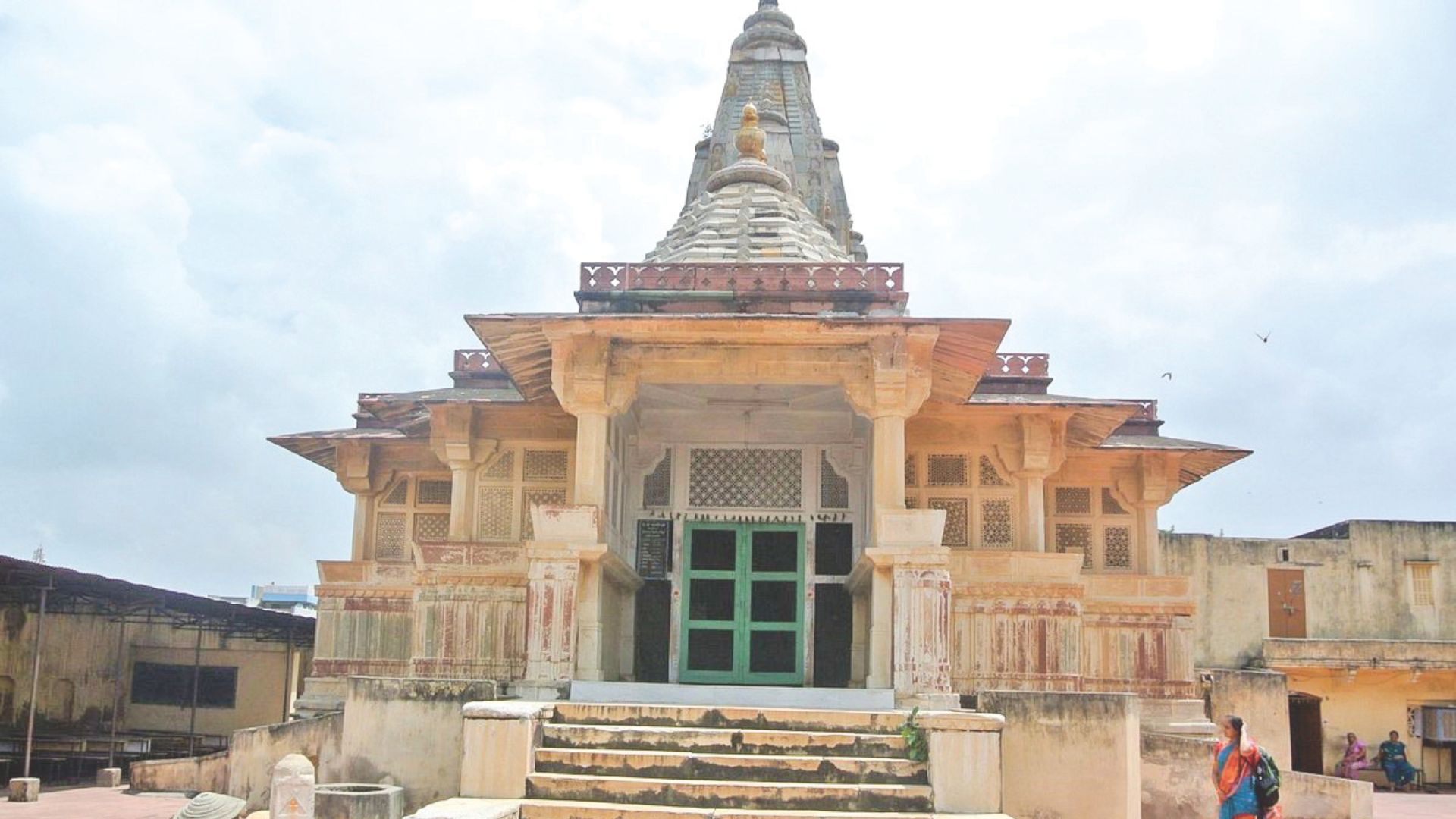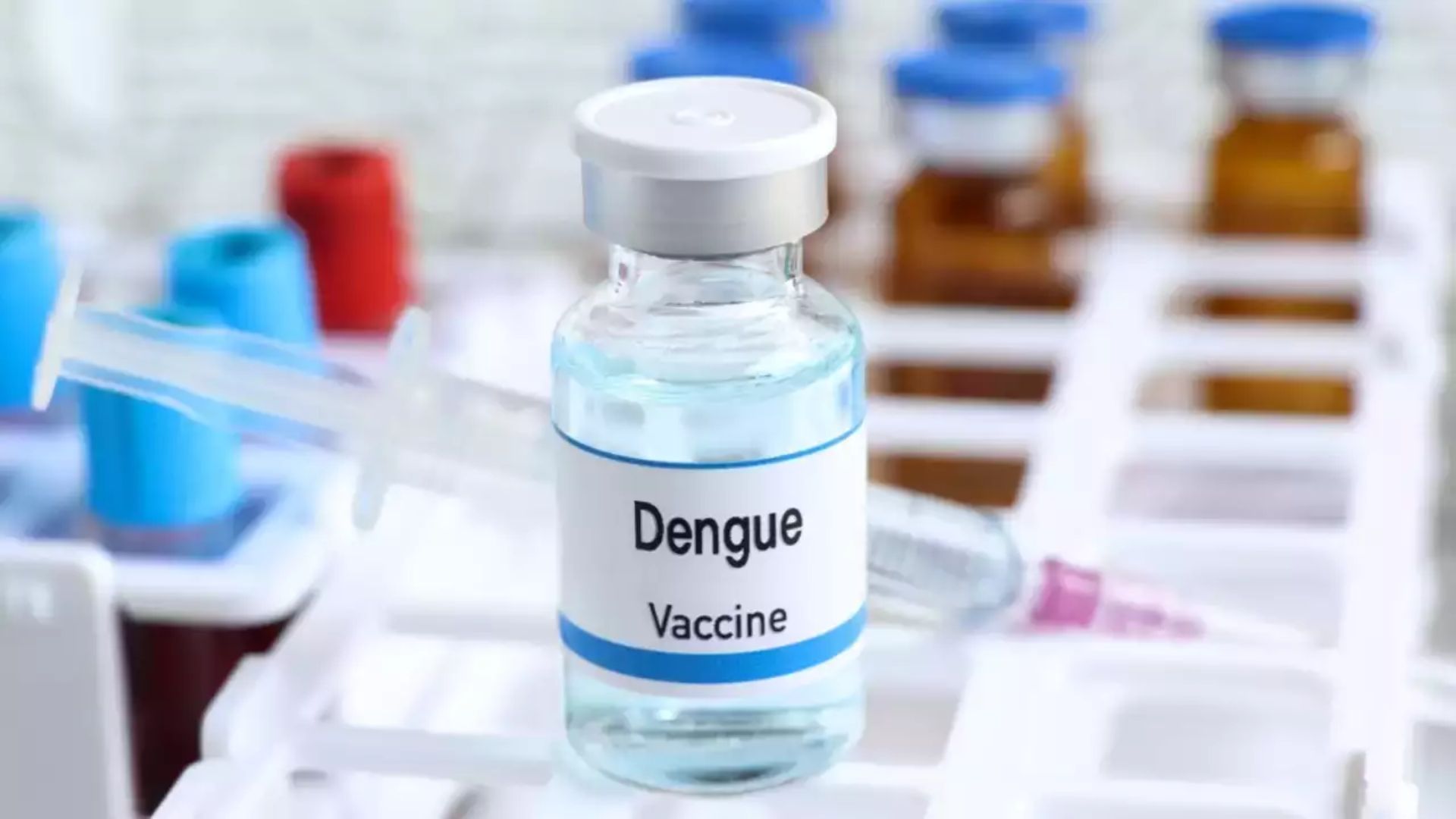
The Indian Council of Medical Research (ICMR) and Panacea Biotec have launched India’s first-ever Phase 3 clinical trial for a dengue vaccine. This groundbreaking trial aims to assess the efficacy of DengiAll, an indigenous tetravalent dengue vaccine developed by Panacea Biotec. The first participant received the vaccine on Wednesday at Pandit Bhagwat Dayal Sharma Post Graduate Institute of Medical Sciences (PGIMS) in Rohtak.
Union Minister of Health and Family Welfare, J.P. Nadda, highlighted the significance of this development, stating, “The initiation of this Phase 3 clinical trial for India’s first indigenous dengue vaccine represents a major advancement in our fight against dengue. It demonstrates our dedication to safeguarding our citizens and showcases India’s capabilities in vaccine research and development. This collaboration between ICMR and Panacea Biotec is a step towards ensuring the health of our people and aligns with our vision of Atmanirbhar Bharat in the healthcare sector.”
India currently lacks an antiviral treatment or licensed vaccine for dengue, a disease complicated by the need for effective protection against all four serotypes of the virus, which circulate or co-circulate across many regions in the country.
The tetravalent dengue vaccine strain (TV003/TV005), initially developed by the National Institutes of Health (NIH) in the USA, has shown promising results in preclinical and clinical trials worldwide. Panacea Biotec, one of three Indian companies to receive this strain, has advanced the most in developing a comprehensive vaccine formulation, for which the company holds a process patent. Phase 1 and 2 clinical trials of the Indian vaccine were completed in 2018-19, with encouraging outcomes.
In partnership with ICMR, Panacea Biotec will conduct the Phase 3 clinical trial at 19 sites across 18 states and union territories in India, involving more than 10,335 healthy adult participants. The trial, mainly funded by ICMR with partial support from Panacea Biotec, will follow participants for two years. This initiative marks a crucial step in developing an indigenous vaccine to address one of India’s most urgent public health challenges and underscores the nation’s commitment to Atmanirbhar Bharat.
Dengue is a significant public health issue in India, which ranks among the top 30 countries with the highest incidence of the disease. According to the World Health Organization (WHO), the global incidence of dengue has been rising steadily over the past two decades, with more than 129 countries reporting cases by the end of 2023. In India, about 75-80% of infections are asymptomatic, yet those infected can still transmit the virus through Aedes mosquitoes. Among the 20-25% of cases where symptoms are evident, children face a higher risk of hospitalization and death. In adults, the disease can escalate to severe forms, such as dengue hemorrhagic fever and dengue shock syndrome. The dengue virus has four serotypes, each offering low cross-protection, meaning individuals can be reinfected multiple times.
